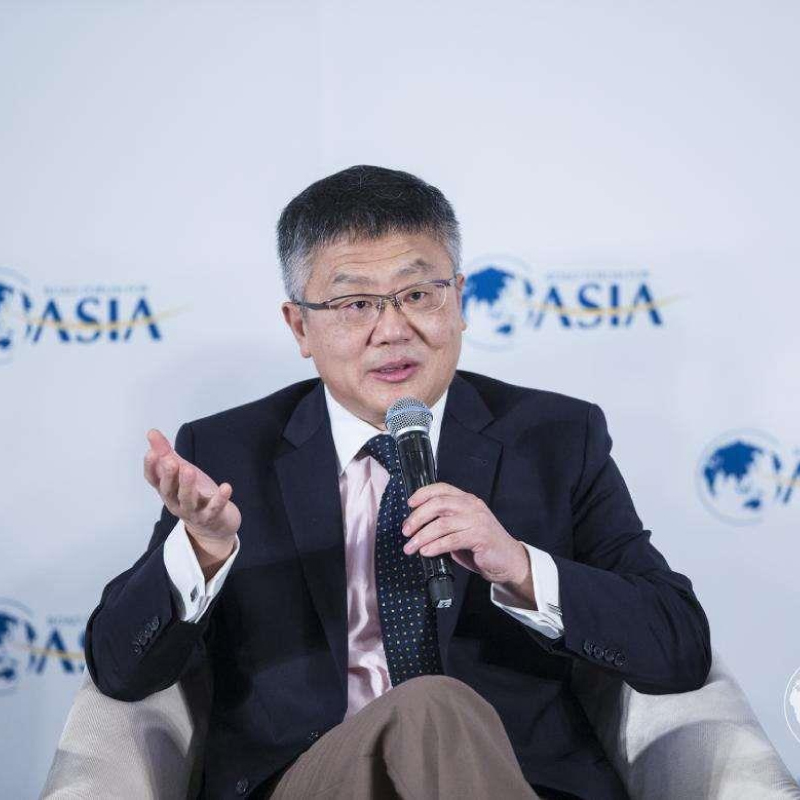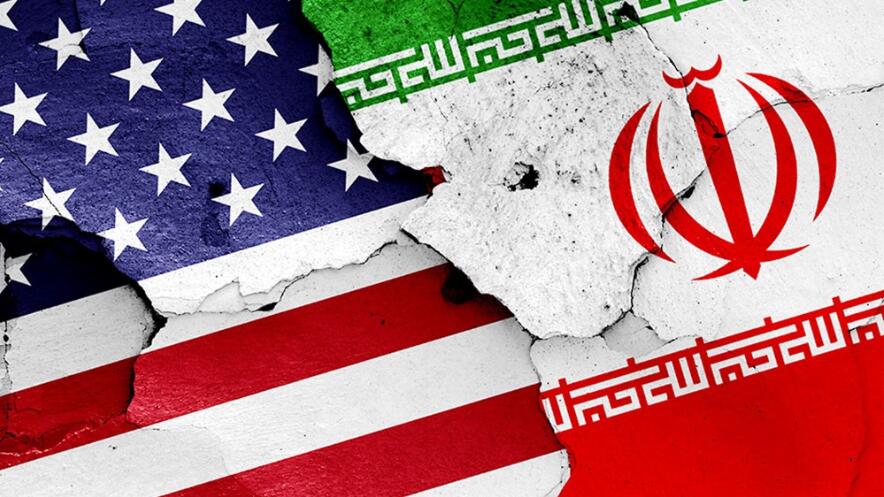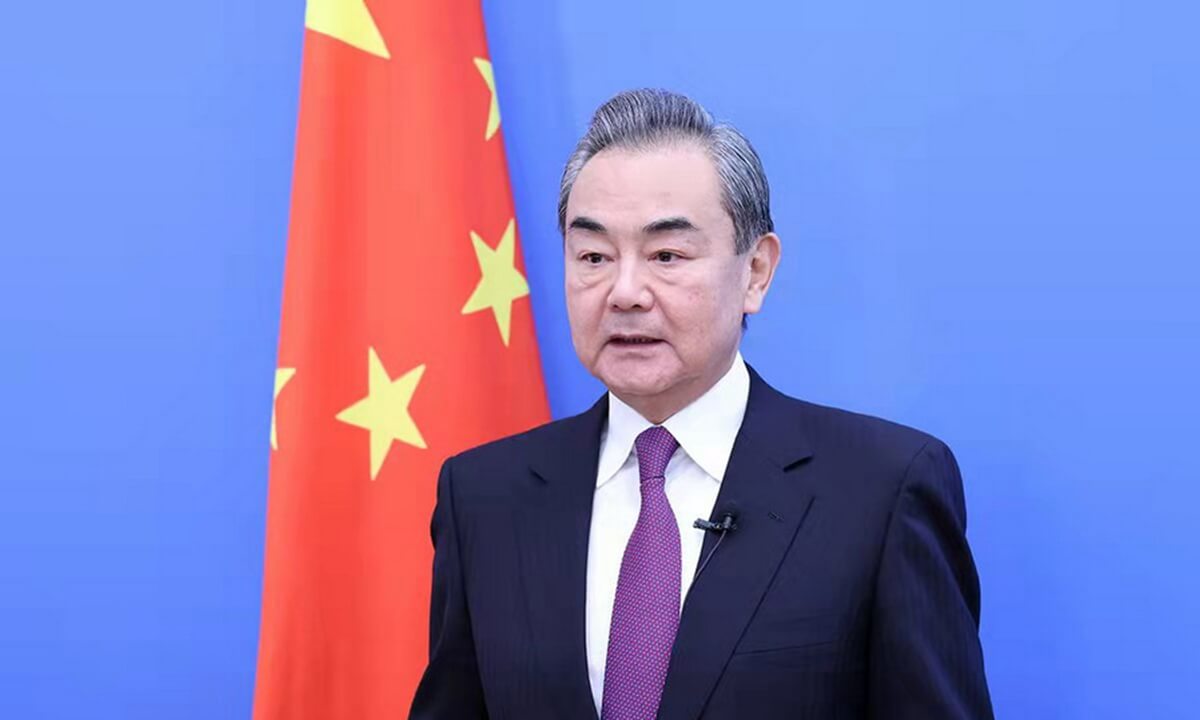
Recently, the Biden administration has been actively promoting high-level China-US exchanges, evidenced by the visits to Beijing of US Secretary of State Antony Blinken, Treasury Secretary Janet Yellen, special presidential envoy for climate John Kerry, and former National Security Adviser and Secretary of State Henry Kissinger. They met with senior Chinese officials, including China’s topmost leaders, and had “constructive and candid exchanges”. This is a positive sign for both sides amidst the US-China “compitition”, initiated and intensified by Washington since 2018.
What exactly does the Biden administration want to achieve by these high-level visits to Beijing? According to the US State Department, there are three purposes: first, to promote bilateral exchanges and communications; second, to safeguard US values and interests; and third, to seek transnational cooperation with common interests between the two countries.
For the first purpose, it is both a must and necessity for the two sides to maintain high-level contacts. After all, it is an unfailing truth that the two powers stand to gain from cooperation and lose from confrontation. For the second purpose, surely will the US officials “safeguard US values and interests”. Therefore, the eyes are all on the Biden administration’s third purpose – cooperation. But on what “international affairs” does the US and China share common interests, and how will they realize cooperation?
In the first half of this year, the Biden administration reached a debt limit deal with the Republicans, thus having achieved a much-needed detente with the Republicans before the coming of the presidential election. Externally, Biden has (finally) managed to keep the US allies standing on the same page on their approach to China at the G7 and NATO summits. In this context, the Biden administration wants to seize this “window” time and “get a grip on” US-China relations through high-level exchanges before the 2024 presidential election. By “locking in” US-China “cooperation and understanding” that is in favor of the US on key issues in international affairs and bilateral relations, the Biden Administration intends to occupy the moral high ground and the initiative in both international and domestic politics. Moreover, these high-level visits to Beijing can help to create an image that it is the Biden Administration that has played a leading role in the shaping – or “reshaping” – of US-China relations, not vice versa.
However, visits of Yellen and Kerry following Blinken’s visit had more specific policy targets. Evidently, maintaining global financial stability and managing the risks posed by their respective monetary and debt policies are one of the fields in which China and the US can and should cooperate. It is self-evident that a stable global financial order is crucial to the economic development of China, the world’s top trading power. Avoiding the outbreak of a global financial crisis is surely in China’s interest when the country is grappling with downward economic pressure and various types of financial risks and hidden dangers. The situation in the US appears more worrisome, as the financial sector already felt the pinch of higher interest rates raised drastically by the Federal Reserve since March last year in an attempt to suppress the lingering inflation that tends to be out of control. That, coupled with the negative effect of “de-dollarization” caused by high debts and weaponization of the US dollar, precipitates the risk of financial turmoil. In this connection, effective risk management and maintenance of global financial stability is not only critical to the US economy, but also to the country’s socio-political stability.
In fact, in the beginning of this year when Yellen flew to Zurich to meet with China’s Vice Premier Liu He, who was there to participate in the World Economic Forum Annual Meeting 2023 in Switzerland. The two had a three-hour-long “private conversation”, exchanging each other’s insights and mutual-understanding in an effort to seek common ground in the prevention of a global financial crisis. This meeting laid a solid foundation for Yellen’s belated visit to China in July. Judging from the relevant reports and Yellen’s own speeches, her visit was rewarding. Despite the wave of selling of the US treasury bond in the internatuonal market, China increased its holdings of treasury bonds by $20.5 billion in July, sending a clear and positive signal that China and the US are moving to the same direction in this field.
Environmental protection is another field where the two countries can conduct cooperation, and Kerry’s visit to China also achieved positive results. However, it is worth noting that Kerry repeatedly emphasized that environmental protection is not a bilateral issue between China and the US, but is instead a “universal” one. Such a high-profile message was actually sung to US allies, especially major European countries that regard environmental protection as a top priority.
Therefore, another purpose emerges for the senior US officials’ successive visits to China – to maintain US “leadership” over its allies and strategic partners. The US officials have reiterated during their visits to China that the US does not intend to engage in confrontation with China, wage a Cold War against China, or seek decoupling from China; rather, it is necessary to seek communication and cooperation with China in the fields of environmental protection, global financial stability, and world economic development. In fact, these high-profile statements, rather than showcasing a compromise with China, are meant to placate US allies and partners. After all, most of them, especially major European countries, are unambiguously opposed to the US-China confrontation, and are unwilling (and unable) to decouple from China.
Despite all the constructive visits to China, however, the Biden administration’s pragmatic, especially opportunistic, approach in its relations with China has led to backtracking and inconsistency in its words and actions. For example, as soon as Blinken completed his visit to China, Biden made offensive remarks on China’s topmost leader at his campaign fundraiser in San Francisco. Moreover, shortly after Blinken’s visit, nine members of the US House Armed Services Committee, including Chairman Mike Rogers, visited Taiwan on June 27, although the Biden administration kept a low profile on this “visit” because it ran counter to the US commitment to “One China” policy made by Blinken in Beijing.
Therefore, while senior officials from the Biden administration have paid successive visits to China and had “constructive exchanges” with their Chinese counterparts at all levels, it remains to be seen whether the results of these exchanges can be translated into action. Moreover, it must be noted that the visits of the Biden administration also serve its own domestic political needs.
Undoubtedly, in the upcoming US presidential election, China will once again become a topic for both the Republican and Democratic parties. Biden, in particular, is very likely to become the target of his competitors on the China issue. In the run-up to the 2024 presidential election, Biden tried to please both the moderate and hawkish forces on the China issue. On one hand, he hopes to appease the “rationalists” and Wall Street capitalists who oppose decoupling from China by setting up “guardrails” for US-China relations through intensive high-level contacts. On the other hand, he continues to attack and put pressure on China, as a response to the pressure from the Republican Party and the right-wing hawks.
But will Biden really be able to please both the moderate and hawkish voters, so as to prevent the Republicans from taking the high ground of “political correctness” in the upcoming presidential election? This also remains to be seen. After all, the Biden administration has not been effective in domestic management since it took office; and its weakness has been intensified after the mid-term election, in which the Republicans won a majority in the House, made the Biden Administration a lame-duck. Obviously, a government that cannot effectively control domestic politics can hardly be held accountable in its handling of the US-China bilateral relationship.
For this reason, it’s better not to expect too much from the Biden administration’s visits to China. It is unlikely that these exchanges and communications will substantially improve US-China relations in the foreseeable future. Besides, the US-China “rivalry” will surely become a key topic in the upcoming presidential election. In short, how to maintain effective control of US-China relations in the midst of the presidential election frenzy is a touchstone of the wisdom and ability of policymakers in both countries.
Distinguished Professor of Shanghai International Studies University
Source: Briefing Notes on the United States and the Asia-Pacific Region











